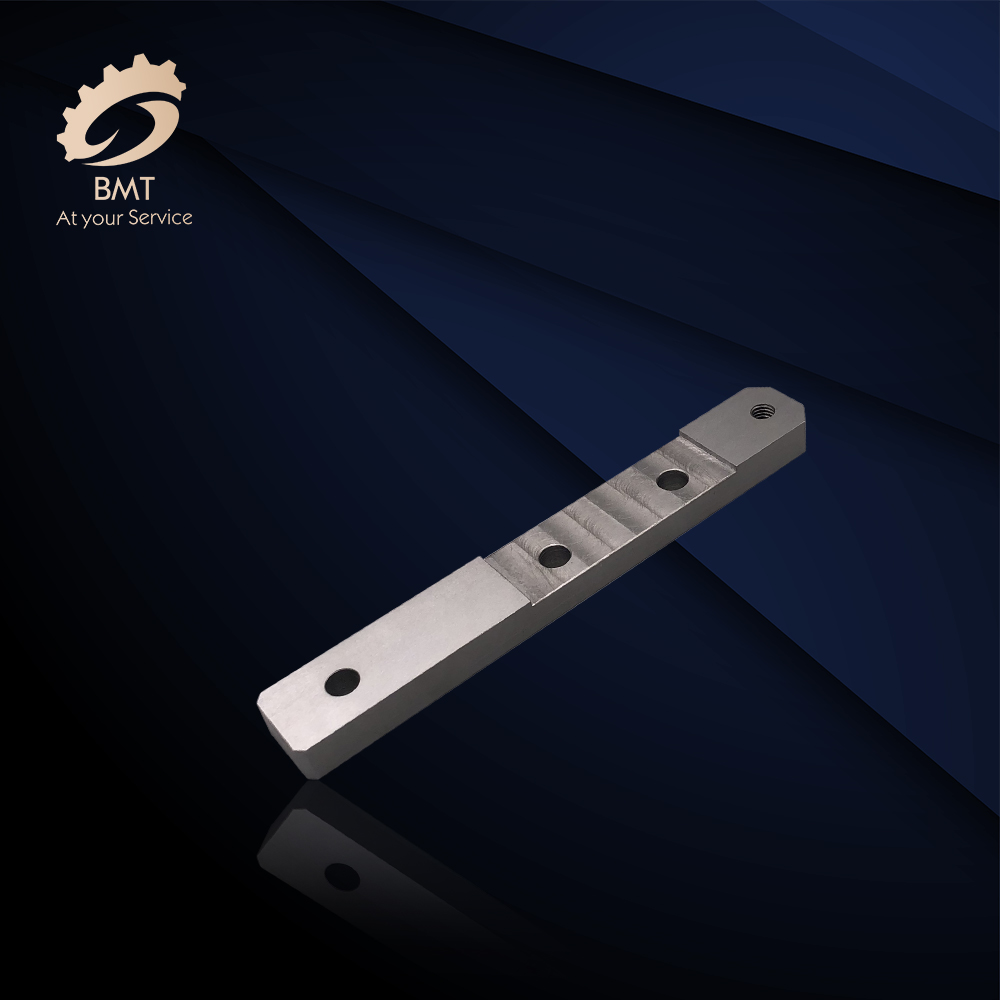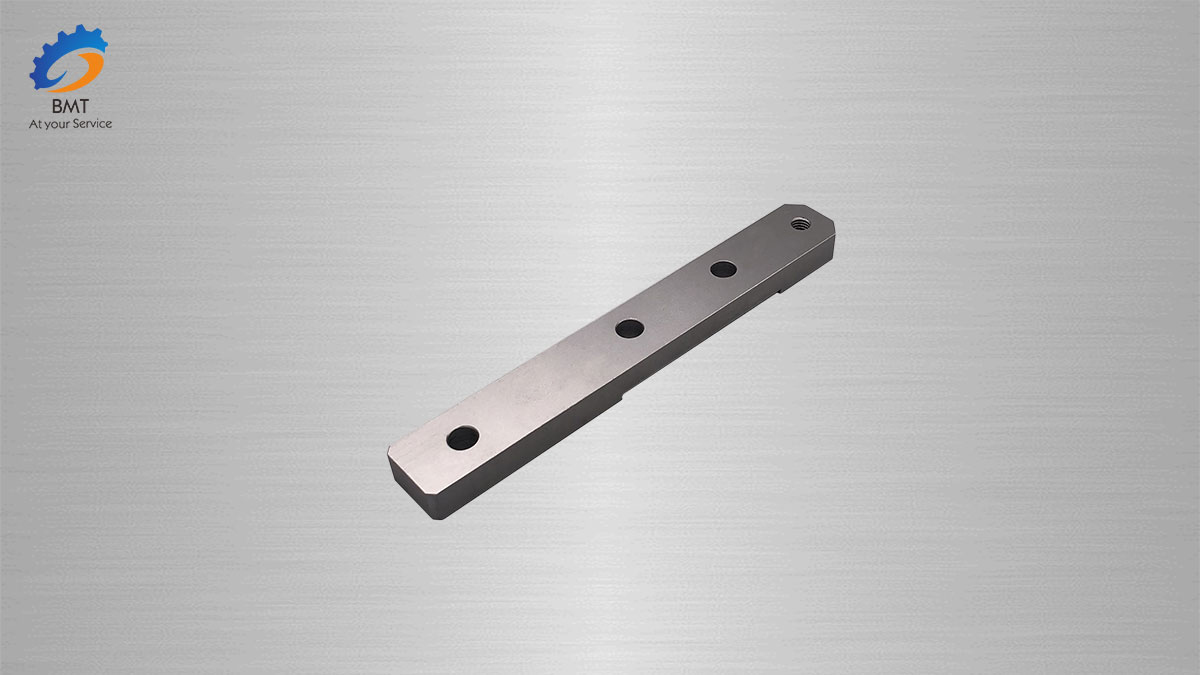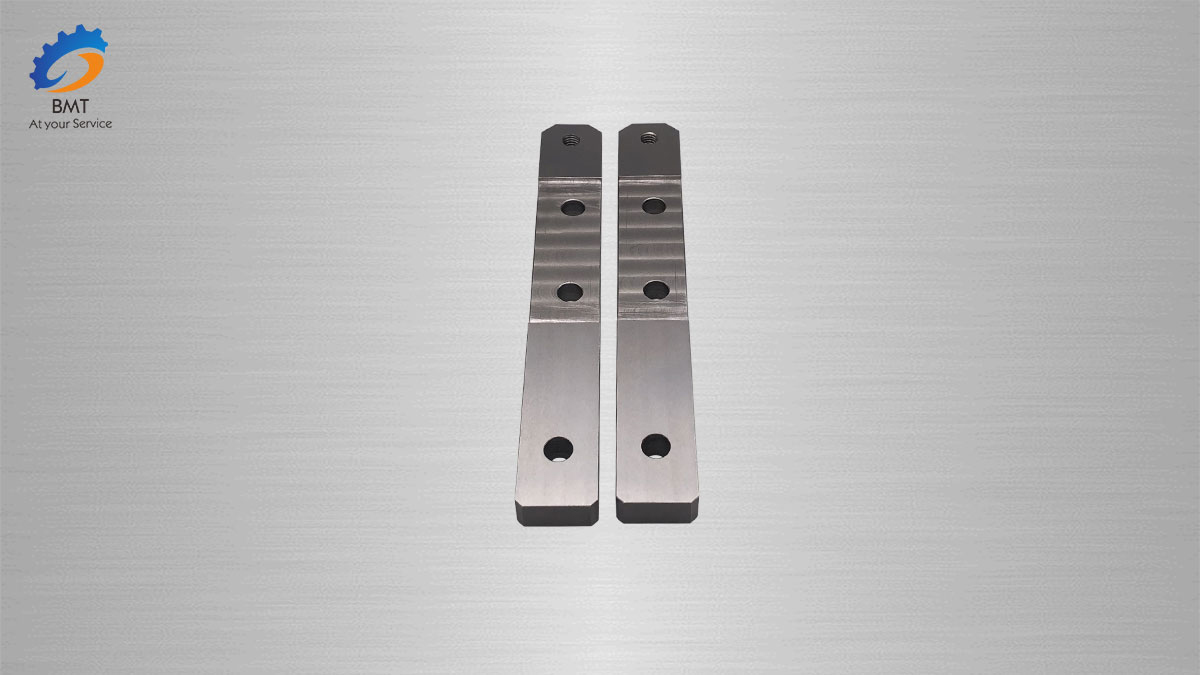Titanium Alloy Mechanical Properties
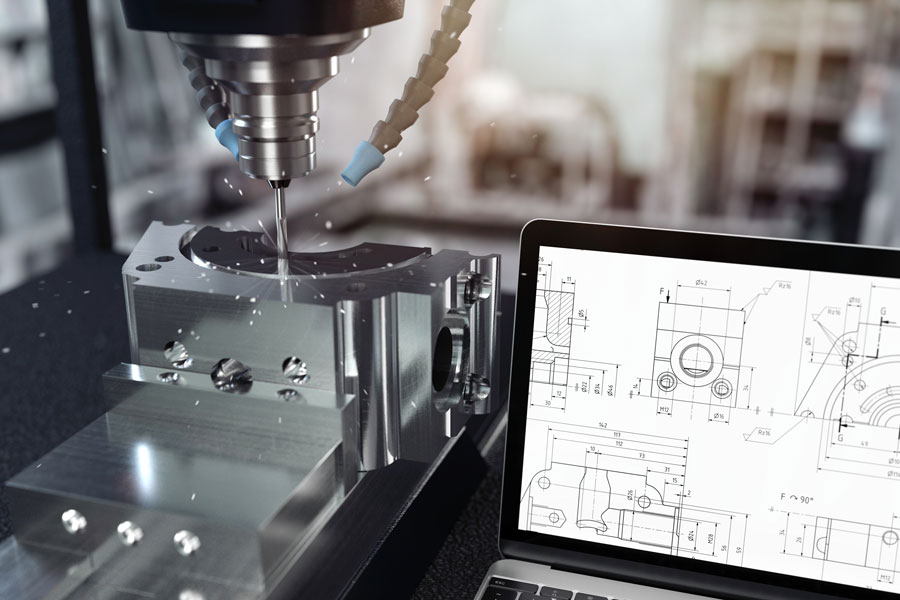
The use of temperature is a few hundred degrees higher than aluminum alloy, in the medium temperature can still maintain the required strength, can be 450 ~ 500℃ temperature for a long time work these two titanium alloy in the range of 150℃ ~ 500℃ still has a very high specific strength, and aluminum alloy at 150℃ specific strength decreased significantly. The operating temperature of titanium alloy can reach 500℃, and aluminum alloy is below 200℃. Good folding corrosion resistance.
The corrosion resistance of titanium alloy is much better than that of stainless steel when it works in moist atmosphere and seawater medium. Especially strong resistance to pitting corrosion, acid corrosion and stress corrosion; It has excellent corrosion resistance to alkali, chloride, chlorinated organic goods, nitric acid, sulfuric acid, etc. However, titanium has poor corrosion resistance to reductive oxygen and chromium salt media.
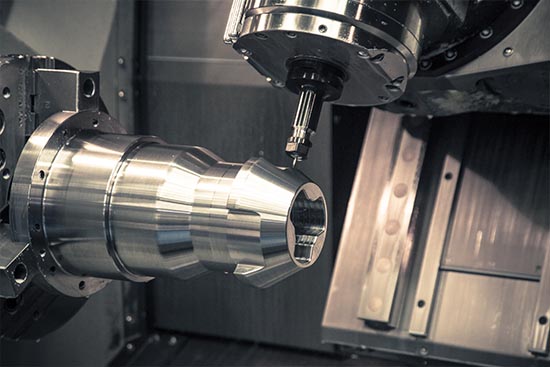
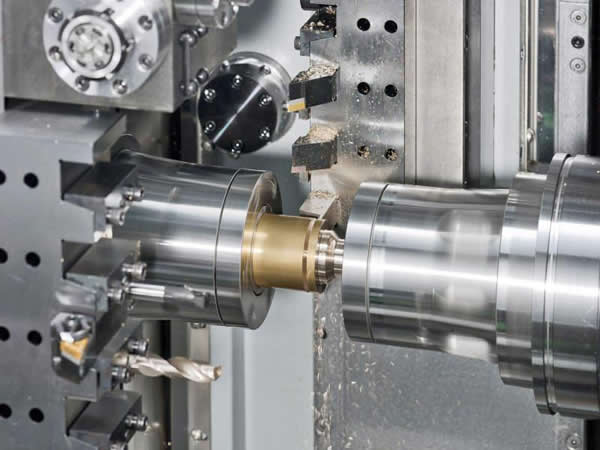
Titanium alloy can maintain its mechanical properties at low and ultra-low temperatures. Titanium alloys with good low temperature performance and very low interstitial elements, such as TA7, can maintain a certain plasticity at -253℃. Therefore, titanium alloy is also an important low temperature structural material. The chemical activity of titanium is high, and the atmosphere in O, N, H, CO, CO₂, water vapor, ammonia and other strong chemical reaction. When the carbon content is more than 0.2%, it will form hard TiC in titanium alloy;
At higher temperature, the interaction with N will also form TiN hard surface; Above 600℃, titanium absorbs oxygen to form a hardening layer with high hardness; The embrittlement layer will also be formed when the hydrogen content rises. The depth of hard brittle surface produced by absorbing gas can reach 0.1 ~ 0.15mm, and the hardening degree is 20% ~ 30%. The chemical affinity of titanium is also large, easy to produce adhesion with the friction surface.

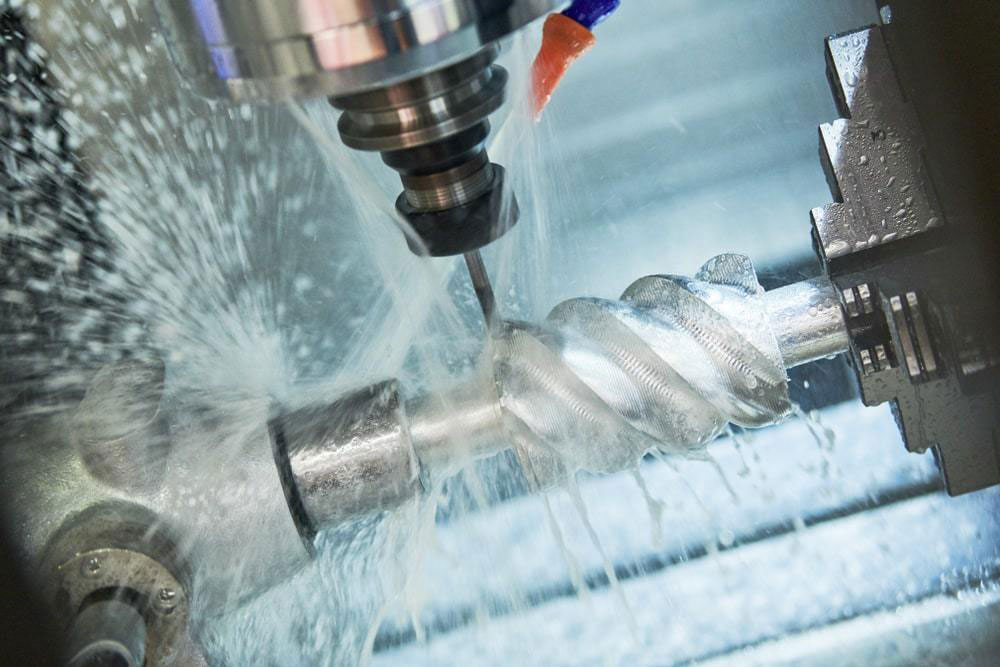
The thermal conductivity of titanium λ=15.24W/ (m.K) is about 1/4 of nickel, 1/5 of iron, 1/14 of aluminum, and the thermal conductivity of all kinds of titanium alloy is about 50% lower than that of titanium. The elastic modulus of titanium alloy is about 1/2 of steel, so its rigidity is poor, easy to deformation, should not be made of slender rod and thin-walled parts, cutting processing surface rebound volume is large, about 2 ~ 3 times of stainless steel, resulting in intense friction, adhesion, bonding wear after the tool surface.
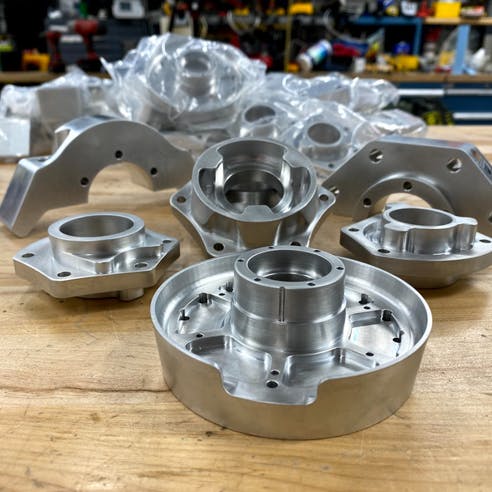
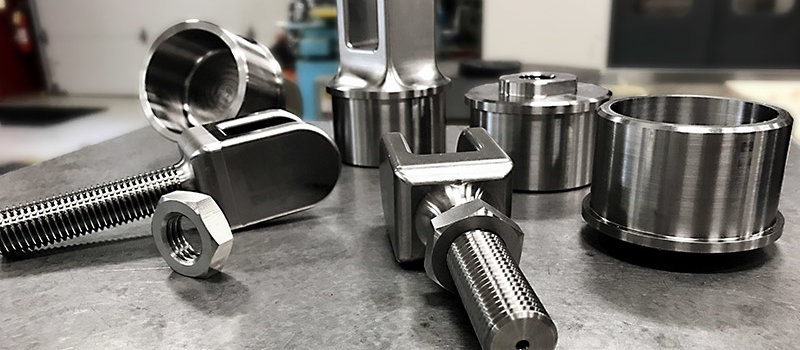
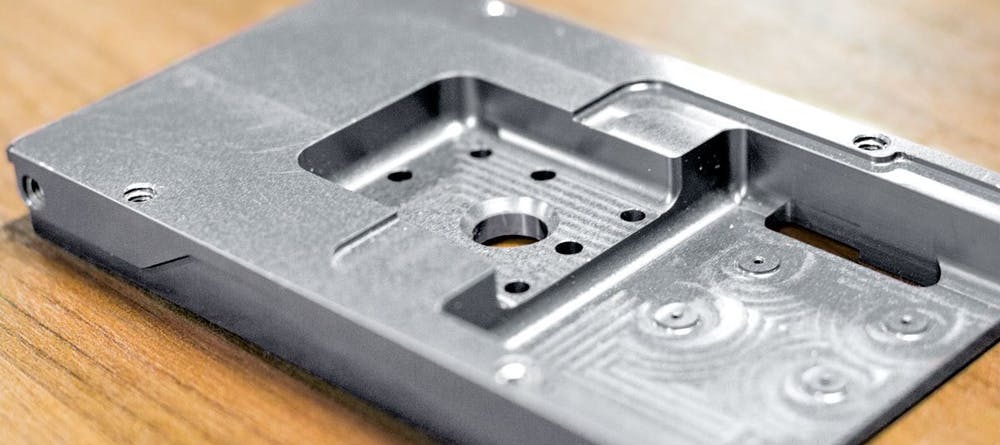
Send your message to us:
-
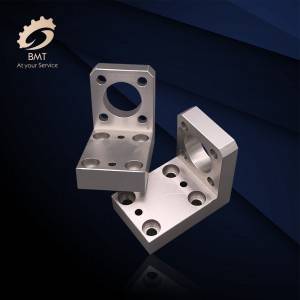
Aluminum CNC Machining Parts
-
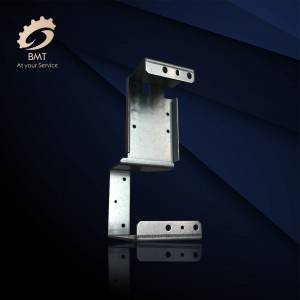
Aluminum Sheet Metal Fabrication
-
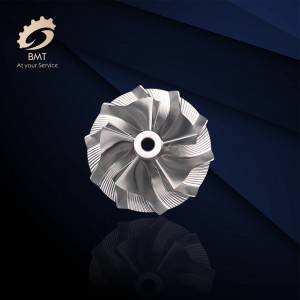
Axis High Precision CNC Machining Parts
-
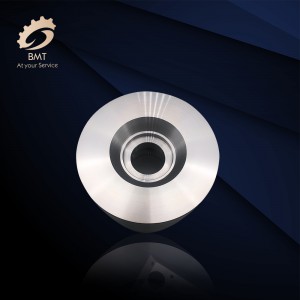
CNC Machined Parts for Italy
-
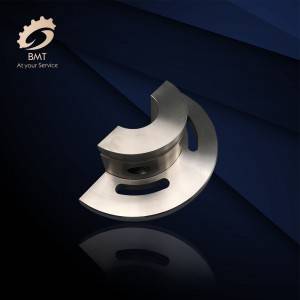
CNC Machining Aluminum Parts
-
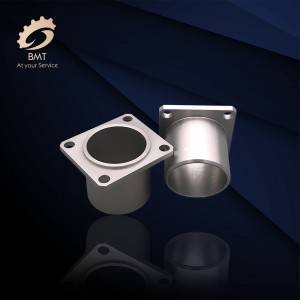
Auto Parts Machining
-
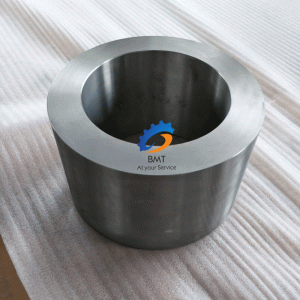
Titanium Alloy Forgings
-
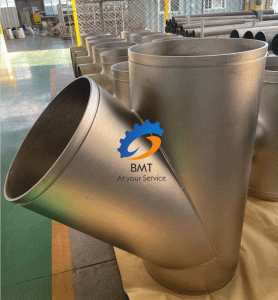
Titanium and Titanium Alloy Fittings
-
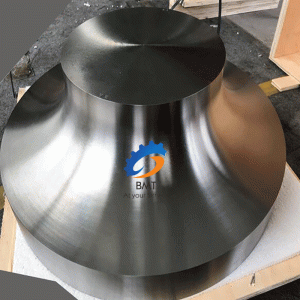
Titanium and Titanium Alloy Forgings
-
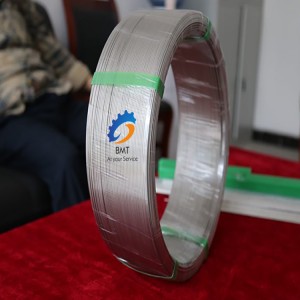
Titanium and Titanium Alloy Wires
-
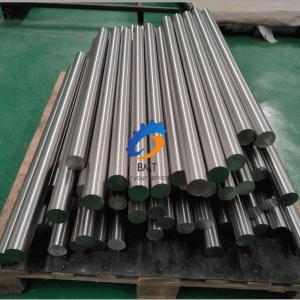
Titanium Bars
-
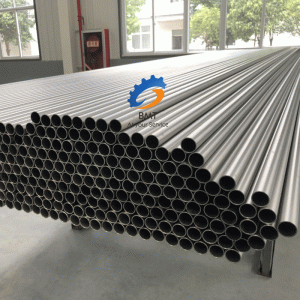
Titanium Seamless Pipes/Tubes
-
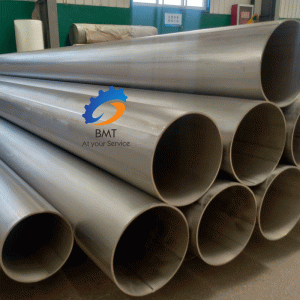
Titanium Welded Pipes/Tubes

